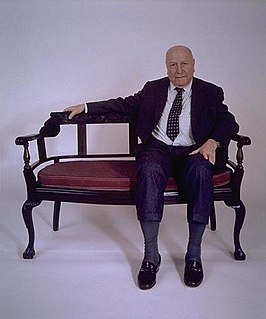A Quote by Dan Millman
Allow rather than resist what arises in the present moment-inside or out. Let it be interesting rather than good or bad.
Related Quotes
But I'd rather help than watch. I'd rather have a heart than a mind. I'd rather expose too much than too little. I'd rather say hello to strangers than be afraid of them. I would rather know all this about myself than have more money than I need. I'd rather have something to love than a way to impress you.
Christian morality (so called) has all the characters of a reaction; it is, in great part, a protest against Paganism. Its ideal is negative rather than positive; passive rather than action; innocence rather than Nobleness; Abstinence from Evil, rather than energetic Pursuit of Good: in its precepts (as has been well said) "thou shalt not" predominates unduly over "thou shalt.
We suddenly feel fearful and apprehensive, naked in our perishable flesh, and for just a moment we wish we could go back to being stone—crumbling in death rather than rotting, trapped inside an immobile prison of stone rather than reduced to immaterial souls like those that now rattled within our skulls. The moment passes. There is no point in regretting irreversible decisions—one has to live with them, and we try.



































